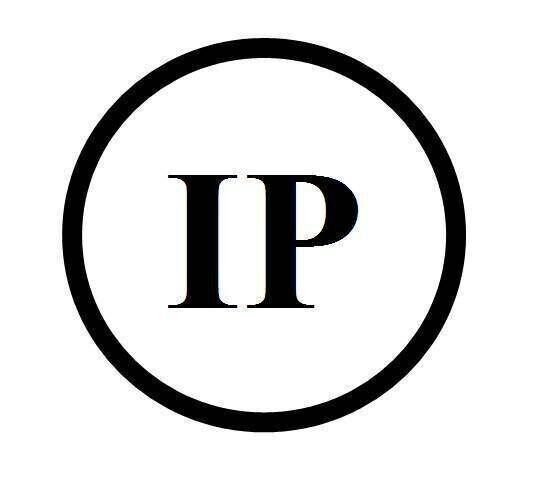IP Proxy is a widely used tool in the networking world for activities such as protecting personal privacy, improving access speed and performing web crawling. In this article, we will elaborate on the meaning, role and usage of IP Proxy to help readers have a clear understanding of IP Proxy.

Part I: Concepts and Definitions of IP Proxy
IP proxy is a kind of intermediate server located between the client and the target server. When a user sends a request, the request passes through the proxy server, which then forwards the request to the target server. In this process, the proxy server acts as a relay station between the user and the target server, hiding the user's real IP address.
Part II: The Role and Advantages of IP Proxies 1.
1. Protecting personal privacy: When using an IP proxy, you can hide the user's real IP address to prevent it from being tracked or recognized by others. 2.
2. Improve access speed: Some proxy servers are located in different geographical locations or network environments. By choosing the right proxy server, users can bypass network restrictions or increase access speed.
3. Overcome blocking and restriction: In some areas or network environments, certain websites or services may be blocked or restricted. By using an IP proxy server, users can bypass these blocks and restrictions and freely access the content they need.
4. Data collection: For tasks that require the collection of large amounts of data, the use of an IP proxy can prevent the target server from blocking or restricting the frequency of access, ensuring that the data collection is completed successfully.
Part III: Using IP Proxy
1. Manually Configuring Proxies: In some applications or web browsers, users can manually set the IP address and port of a proxy server so that all requests go through the proxy server.
2. Using proxy software: There are many third-party proxy software programs that can automatically manage proxy settings and provide more advanced features and options.
3. Renting a proxy service: Some companies or organizations offer proxy services that users can rent in order to obtain an available proxy IP address.
An IP proxy is an important networking tool that acts as a relay between a user and a destination server, hiding the user's real IP address and providing many benefits such as protecting privacy, speeding up access, and overcoming blocking. Users can use IP proxies by manually configuring them, using proxy software, or renting a proxy service. When using IP proxies, you should comply with laws and regulations, respect the principles of proper network usage, and ensure that they are used for legitimate and reasonable purposes. I hope this article will help readers to fully understand IP proxies.
Related Recommendations
- What is http proxy? (How http proxies work and what they do)
- What does IP Proxy mean?
- How many types of proxy servers are there?
- Advantages of mobile agents
- Analysis of network agents: How it works and answers to frequently asked questions
- Proxy IP basics
- What services can HTTP proxies be used for?
- Can proxy IP be classified by time? How to classify?
- Whether the traffic for each package is restricted
- High-quality agent IP

